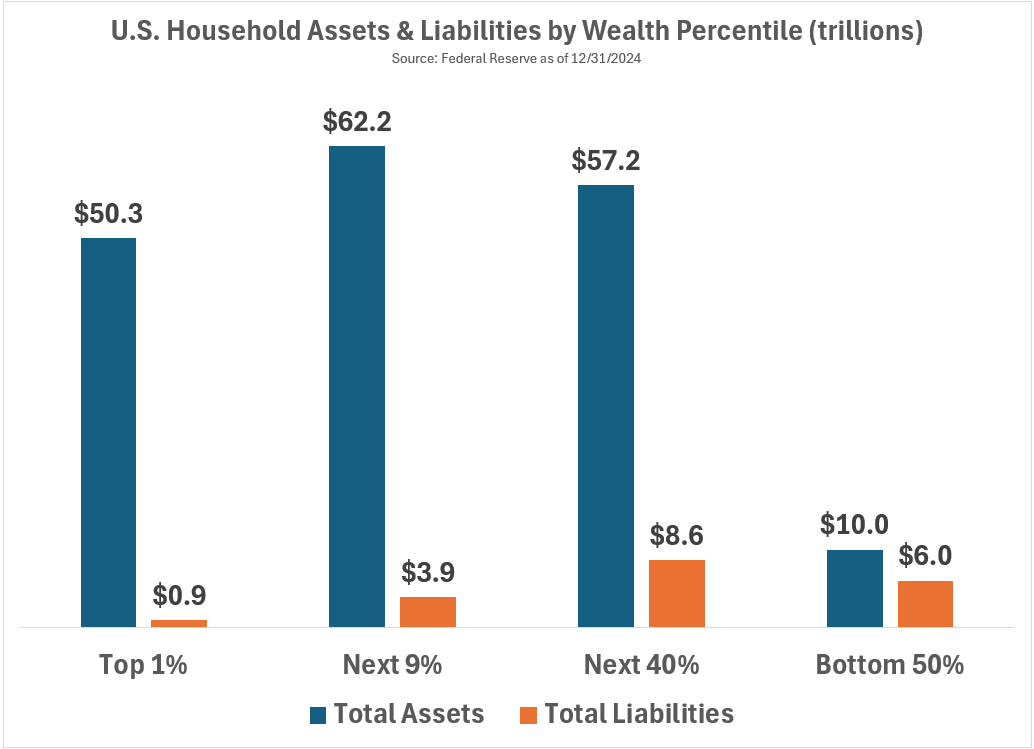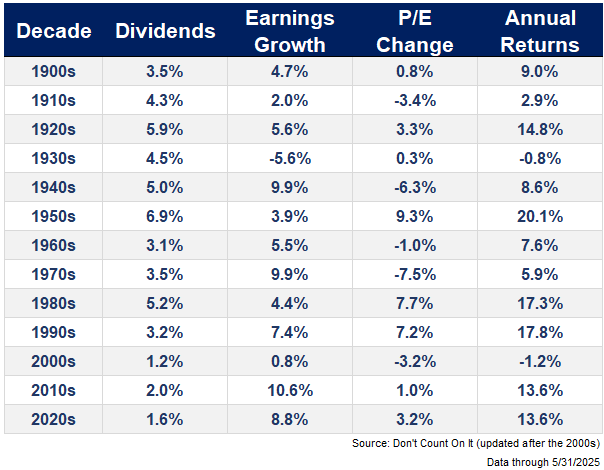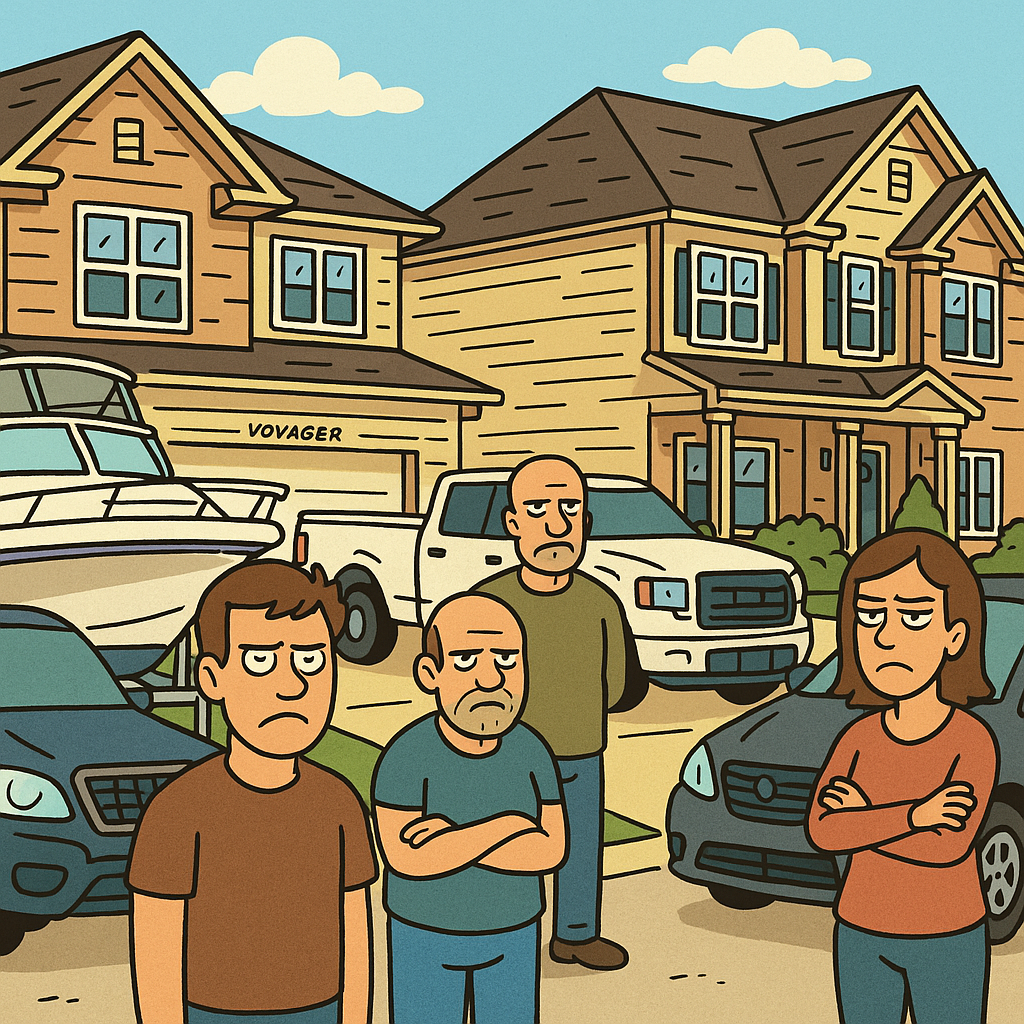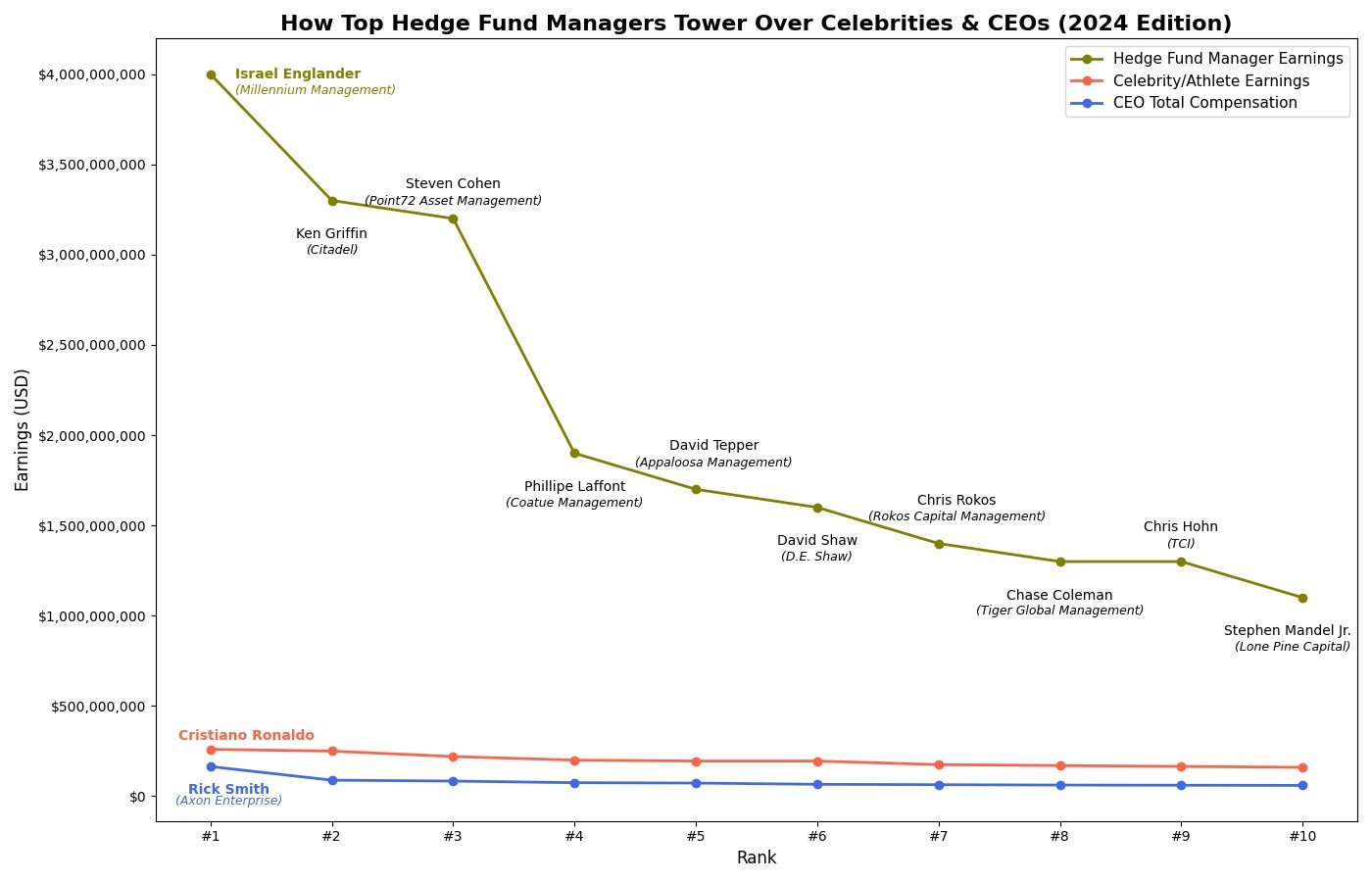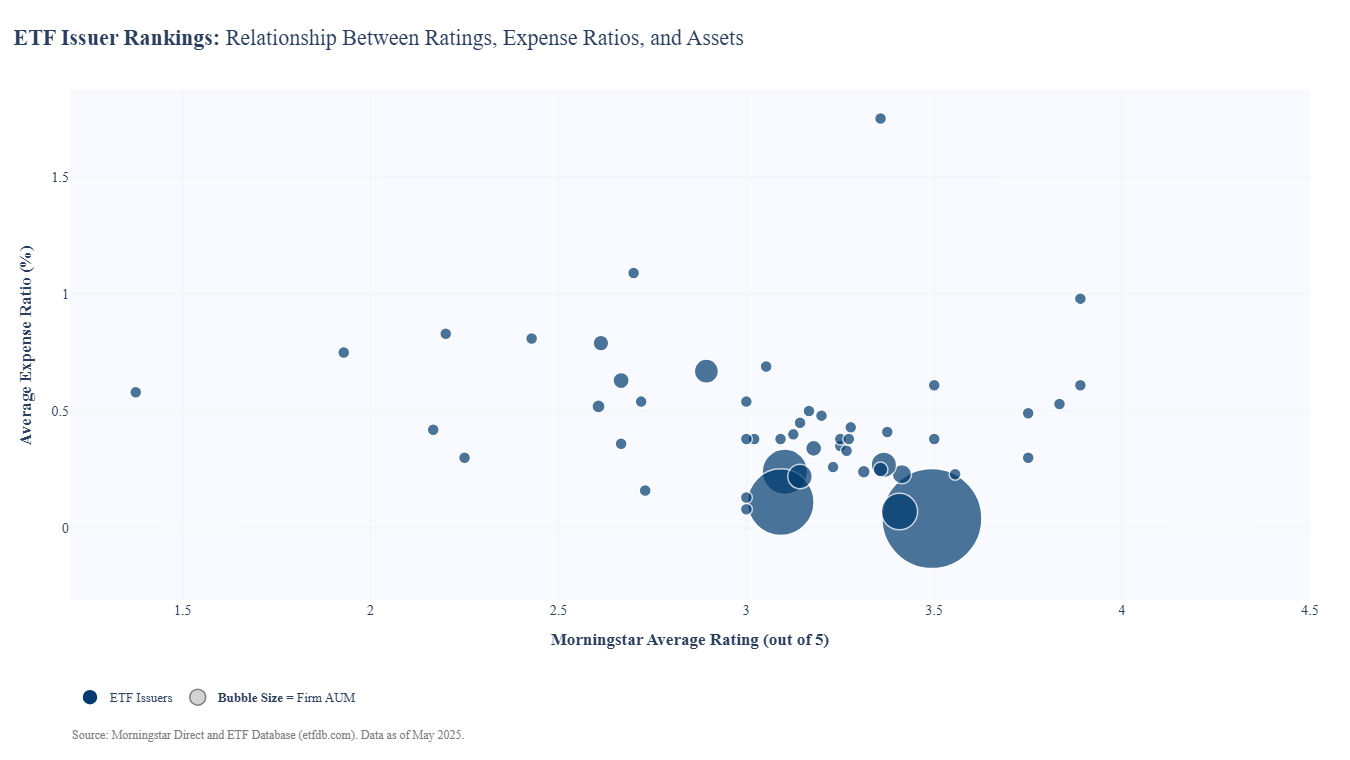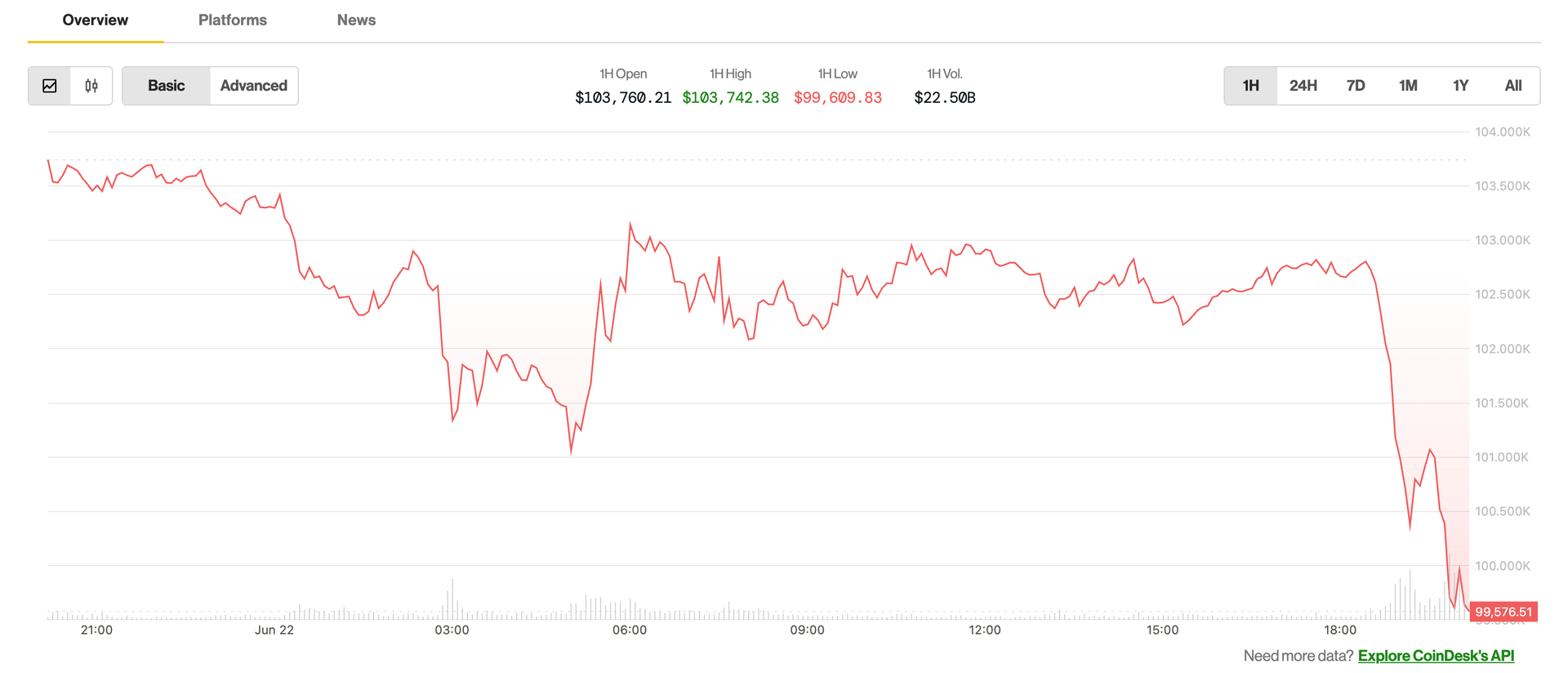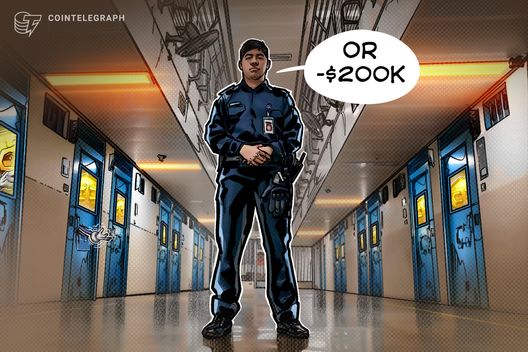5 Social Security Traps Every Retiree Needs to Avoid
When planning for retirement, there’s a lot to think about — but there’s one key issue that deserves special consideration: Understanding your Social Security benefits. The reality is that Social Security is a vitally important income source because your benefits will last for life, and protections against inflation are built in. Unfortunately, Social Security is […] The post 5 Social Security Traps Every Retiree Needs to Avoid appeared first on 24/7 Wall St..
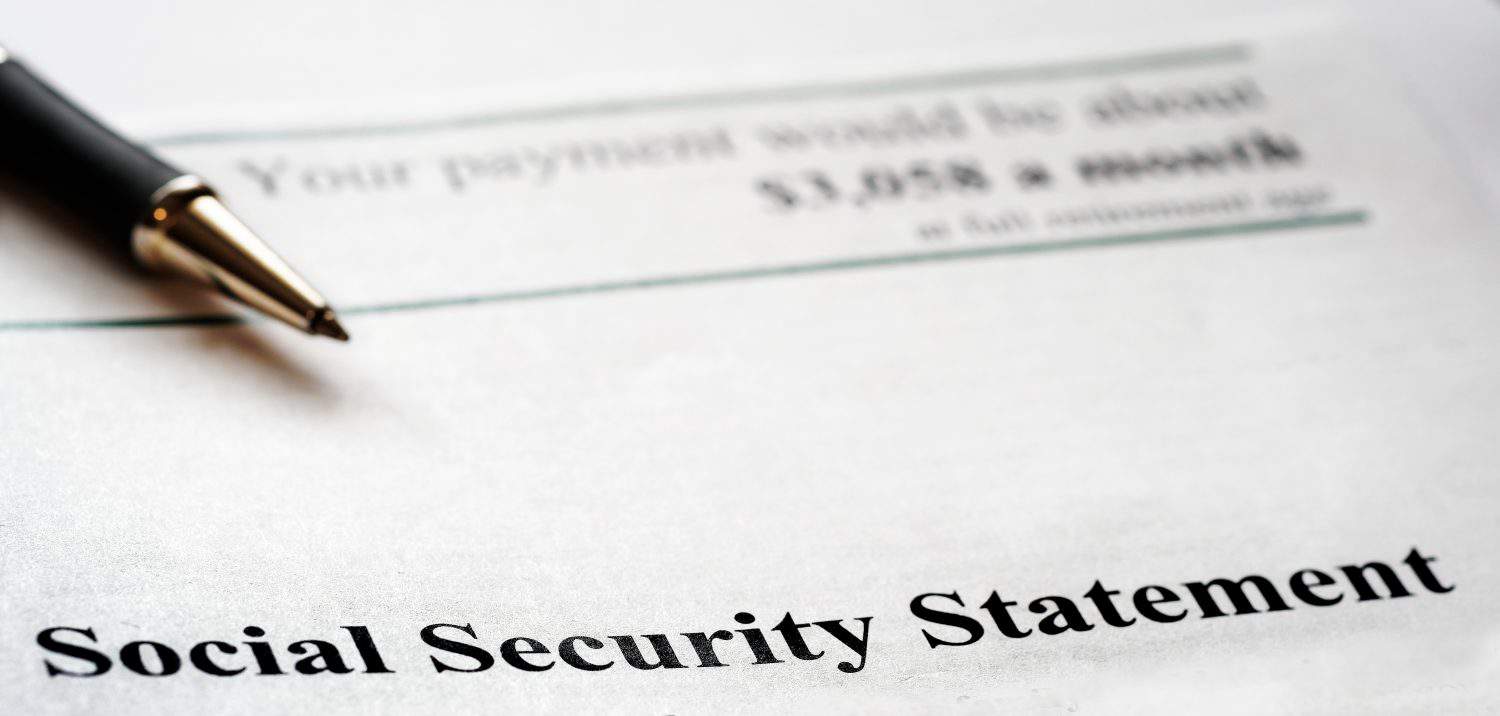
Key Points
-
Social Security is a crucial source of income for retirees, so you need to make smart choices.
-
Many people fall into Social Security traps without realizing it.
-
If you are planning to over-rely on your benefits or you make your benefits claim based on faulty information, you could end up regretting it.
-
Are you ahead, or behind on retirement? SmartAsset’s free tool can match you with a financial advisor in minutes to help you answer that today. Each advisor has been carefully vetted, and must act in your best interests. Don’t waste another minute; get started by clicking here.(Sponsor)
When planning for retirement, there’s a lot to think about — but there’s one key issue that deserves special consideration: Understanding your Social Security benefits.
The reality is that Social Security is a vitally important income source because your benefits will last for life, and protections against inflation are built in. Unfortunately, Social Security is also a very confusing program, and many people end up falling into common yet costly traps. You don’t want to be one of them, so find out five key traps to avoid.
1. Claiming as soon as you become eligible for benefits
Claiming benefits right at 62 is an easy trap to fall into because that’s the age when you first become eligible for your Social Security payments. Many people assume claiming ASAP is a good idea to enable early retirement or at least start collecting back some of what you paid into the system.
You may also have heard that Social Security is designed with a system of early filing penalties and credits, so it doesn’t matter if you claim benefits at a young age. In theory, everything should equal out because you’ll either get more checks — but each will be smaller — or fewer checks, and each will be larger.
Unfortunately, if you fall into this trap of a quick early claim, you could cost yourself the opportunity to maximize your lifetime income and reduce the survivor benefits your spouse must rely on if you pass away first.
See, the system was designed when lifespans were shorter. Since people are living longer now, around 7 in 10 retirees get more benefits over their lifetime if they wait until 70 to claim. Delaying until 70 also maximizes survivor benefits if you were the higher earner, since the last spouse alive gets to keep the higher of the two checks coming into the household.
Don’t assume that since you can claim Social Security at 62 that you should. Take the time to consider your health status and your spouse’s needs first.
2. Failing to plan for taxes on Social Security
Many people assume taxes on Social Security won’t be an issue because they’ve already paid Social Security taxes throughout their working life or because only a small minority of states tax benefits, and the IRS doesn’t impose taxes until your income reaches a certain limit.
The reality is that the threshold at which the IRS begins taxing benefits doesn’t change each year due to inflation. Once provisional income (all taxable income, some non-taxable income, and half of Social Security benefits) reaches $25,000 as a single filer or $32,000 as a married joint filer, taxes kick in on the federal level. These thresholds have stayed the same since taxes started, so while only a small percentage of higher earners once paid them, now it’s around 50% of retirees.
You can avoid or minimize taxes on your benefits through smart tax planning, including investing in a Roth IRA instead of a traditional IRA. But you need to plan for that early on if you are hoping to avoid giving Uncle Sam a piece of your Social Security. Don’t fall into the trap of assuming this isn’t an issue.
3. Assuming your benefits will stretch further than they should
Another common trap people fall into is believing that Social Security will be enough to support them. After all, since you’ve paid into the system throughout your entire working life, Social Security is going to take care of you, right?
Sadly, that’s not the case.
Your benefits will help you support yourself, but they replace only around 40% of pre-retirement income. You need to save diligently throughout your working life to replace another 40% or so through your savings to avoid a huge decline in your quality of living
4. Quitting once you have your 35 years in
Social Security benefits are based on a percentage of your average wage in your 35 highest-earning years. One trap that you may fall into is assuming that once you have your 35 years in, that means you’re good to quit without shrinking your Social Security check. That’s not necessarily the case, though.
Of course, you really don’t want to work less than 35 years, because doing so would mean you have years of $0 wages included in your benefits formula. But assuming you are done after 35 years could be shortsighted. That’s because if you are earning a lot more money now (on an inflation-adjusted basis) than you did earlier, you may be better off sticking it out on the job for a little while longer. Each extra year you work at your higher salary allows you to push out one earlier lower-earning year from your benefits formula, thus increasing your benefits.
5. Making claiming decisions based on faulty information

There are scary headlines each year suggesting that the Social Security trust fund will be depleted within less than a decade, and retirees often panic, falling into the trap of claiming early
The reality is, the trust fund is slated to run out in under a decade but Social Security could still pay benefits out of current revenue. While there would be a cut, seniors would still get around 80% or so of what they were promised. It’s also unrealistic to assume Congress won’t do something to shore up the program’s finances.
If you decide to claim benefits based on a fear of the money running short, you will likely regret it, since your early claim will guarantee your benefits decline — and potentially by more than the amount you’d lose if the trust fund ran out.
You don’t want to fall into any of these traps, and the good news is, you don’t have to. A financial advisor can help you to make the best, most infromed choices about tax planning for retirement and doing all you can to maximize your Social Security funds. Get the help you need so a Social Security trap doesn’t trip you up.
The post 5 Social Security Traps Every Retiree Needs to Avoid appeared first on 24/7 Wall St..






























































